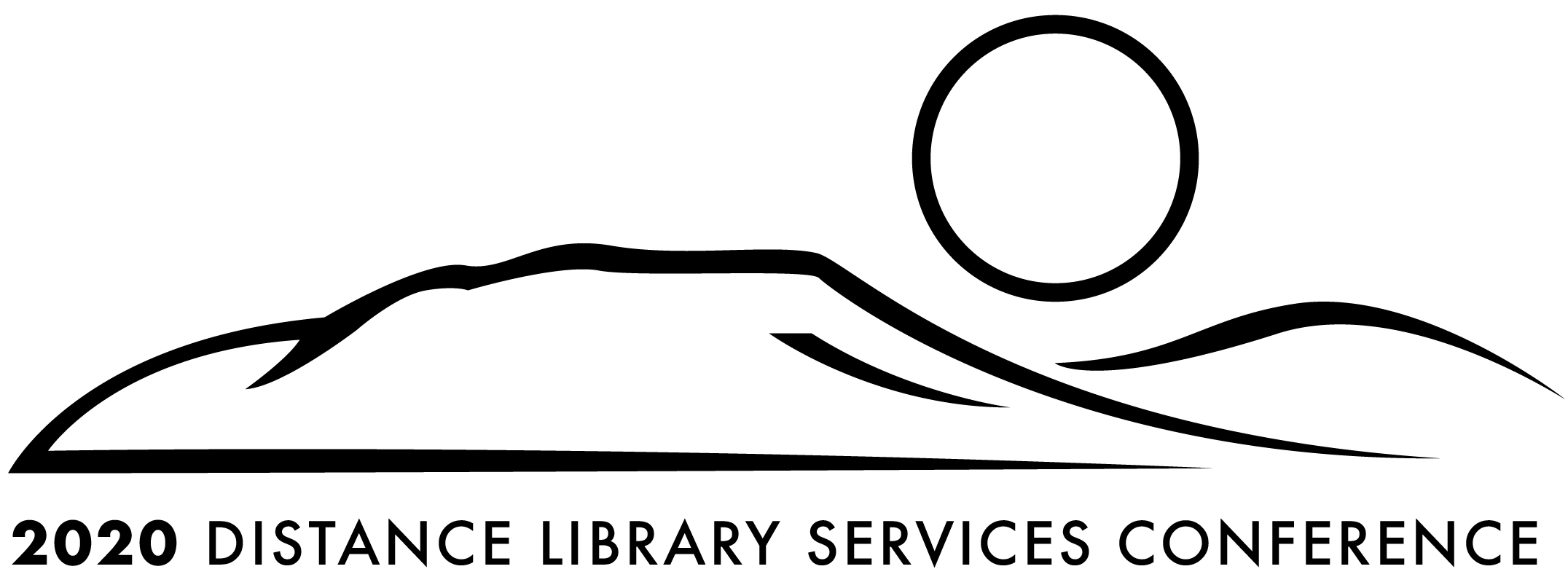Are digital badges worth it? Measuring the success of digital badges as a motivator in academic library instruction.
Session Format
In-person Full Paper Presentation
Conference Tracks
Outreach, Services, and Programs
Short Description
This study will examine digital badges in education programs at various academic libraries of higher education around the United States. Those involved in managing or maintaining these programs will be surveyed on their views as to the efficacy of digital badges, how they measure the success or lack of success in the use of badges, and ways that digital badges could be improved upon. The commonalities between the programs and the differences will be graphed. Ultimately, the goal is to discover the usefulness of digital badges in education to commemorate online instruction in subject centered or generally focused information literacy instruction.
Long Description
Digital badges are effective tools used in teaching information literacy skills to traditional and distance students. They demonstrate that students have acquired specific skills and when implemented with identical standards can be used to demonstrate skills in multiple settings and for multiple courses. Many learning management systems allow for the creation of digital badges. They are important tools for librarians when collaborating with instructors in teaching subject centered or general information literacy.
Badges give institutions ways to document interdisciplinary learning outcomes, academic, and workshop accomplishments. Students receive a visible map of specific skills learned as they pursue their degrees. Digital badges are motivators for student learning. Motivational design and instructional design theories can be effectively paired to improve instruction. This can improve the acquisition and retention of knowledge and information literacy skills (Hess, 2015).
Digital Badges, used in conjunction with classes, provide a greater motivation for student learning. Badges can capture and show at a micro level details that the broader view represented by a degree often does not. Together a badge system and a degree can offer a more complete demonstration of what students have learned. Badges currently are used at MIT, Carnegie Mellon, and University of California at Davis.
This study will survey multiple individuals involved in digital badging programs at academic libraries of higher education. Respondent’s views as to the efficacy of digital badges, how they measure the success or lack of success in the use of badges, and ways that digital badges could be improved upon will be discovered. Digital badges have great potential. This research seeks to provide means for bridging any gaps between potential and real-world use.
References
Hess, A. (2015). Motivational design in information literacy instruction. Communications in Information Literacy, 9(1), 44.
Learning Objectives
Attendees should learn about how digital badges are currently used, how useful they are believed to be the libraries using them, possible advantages and disadvantages to using digital badges for student instruction and faculty engagement with information literacy, and methods for improving or using digital badges in their own libraries.
Attendees will have the opportunity to look at graphs comparing different digital badging programs, are welcome to share about their own experiences, will have the opportunity to ask questions, and will be asked questions also. Attendees will also have an opportunity to earn their own badge by answering questions based on the presentation. This presentation will appeal to academic librarians working with distance students and librarians working with traditional as well as strictly online students.
Are digital badges worth it? Measuring the success of digital badges as a motivator in academic library instruction.
Digital badges are effective tools used in teaching information literacy skills to traditional and distance students. They demonstrate that students have acquired specific skills and when implemented with identical standards can be used to demonstrate skills in multiple settings and for multiple courses. Many learning management systems allow for the creation of digital badges. They are important tools for librarians when collaborating with instructors in teaching subject centered or general information literacy.
Badges give institutions ways to document interdisciplinary learning outcomes, academic, and workshop accomplishments. Students receive a visible map of specific skills learned as they pursue their degrees. Digital badges are motivators for student learning. Motivational design and instructional design theories can be effectively paired to improve instruction. This can improve the acquisition and retention of knowledge and information literacy skills (Hess, 2015).
Digital Badges, used in conjunction with classes, provide a greater motivation for student learning. Badges can capture and show at a micro level details that the broader view represented by a degree often does not. Together a badge system and a degree can offer a more complete demonstration of what students have learned. Badges currently are used at MIT, Carnegie Mellon, and University of California at Davis.
This study will survey multiple individuals involved in digital badging programs at academic libraries of higher education. Respondent’s views as to the efficacy of digital badges, how they measure the success or lack of success in the use of badges, and ways that digital badges could be improved upon will be discovered. Digital badges have great potential. This research seeks to provide means for bridging any gaps between potential and real-world use.
References
Hess, A. (2015). Motivational design in information literacy instruction. Communications in Information Literacy, 9(1), 44.

